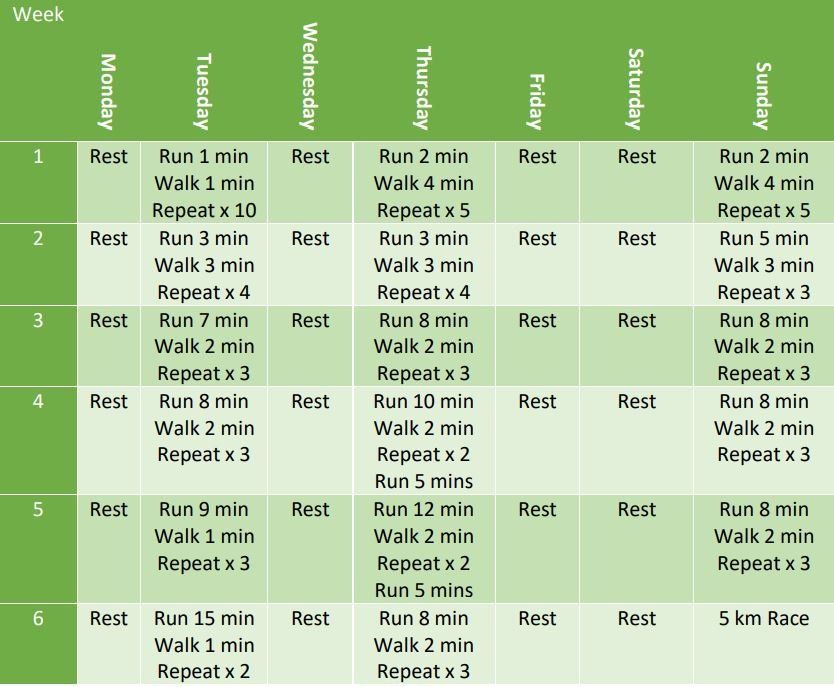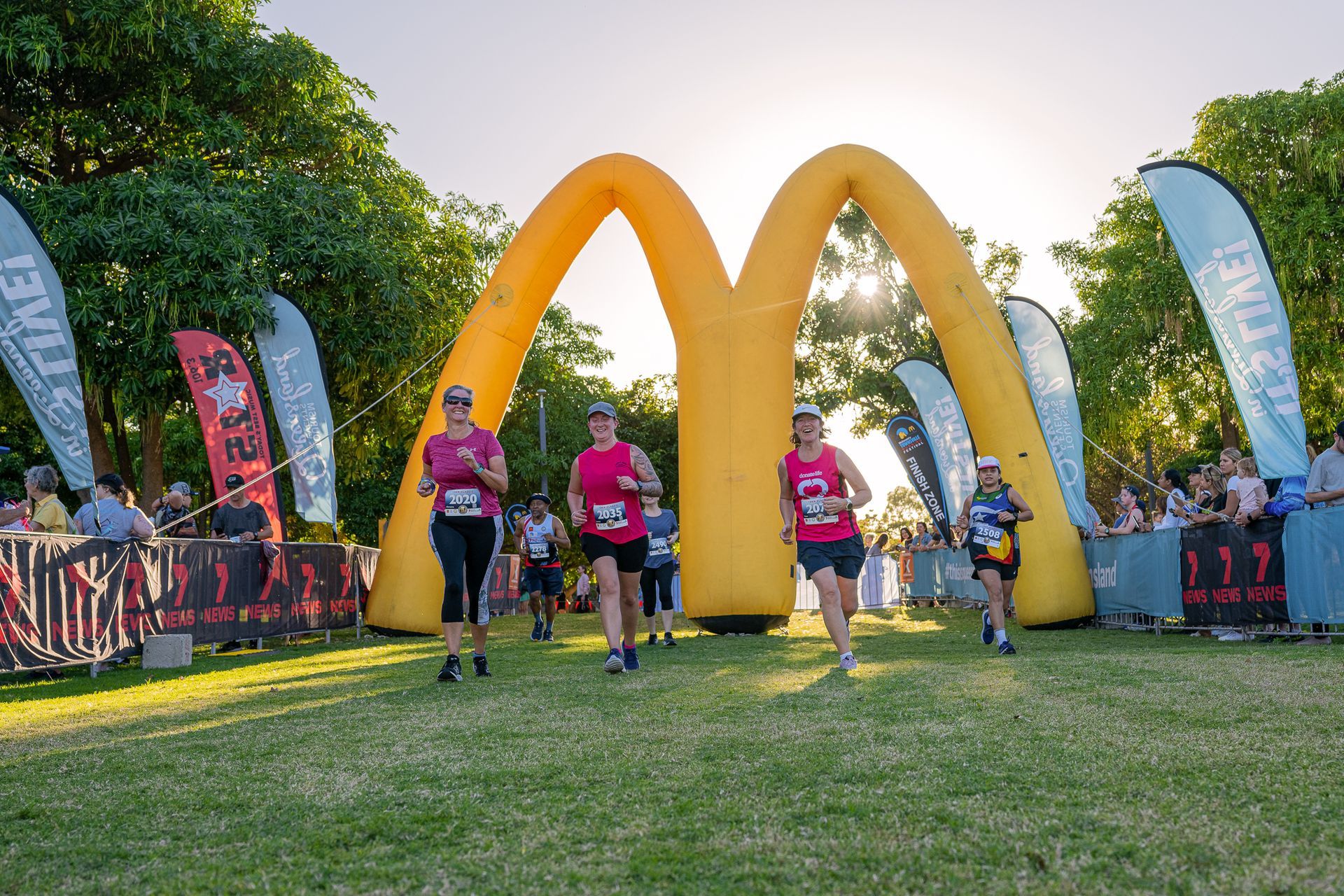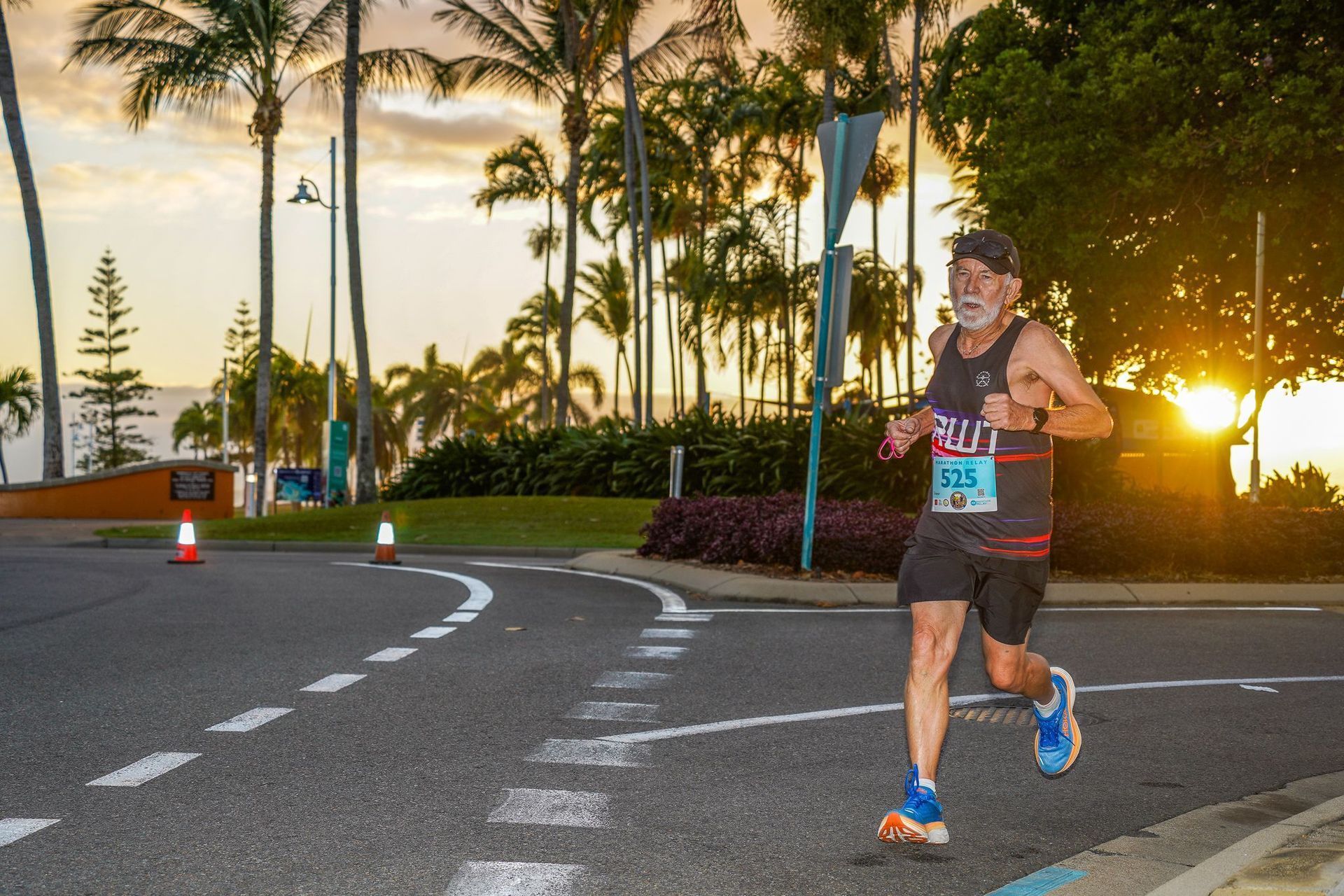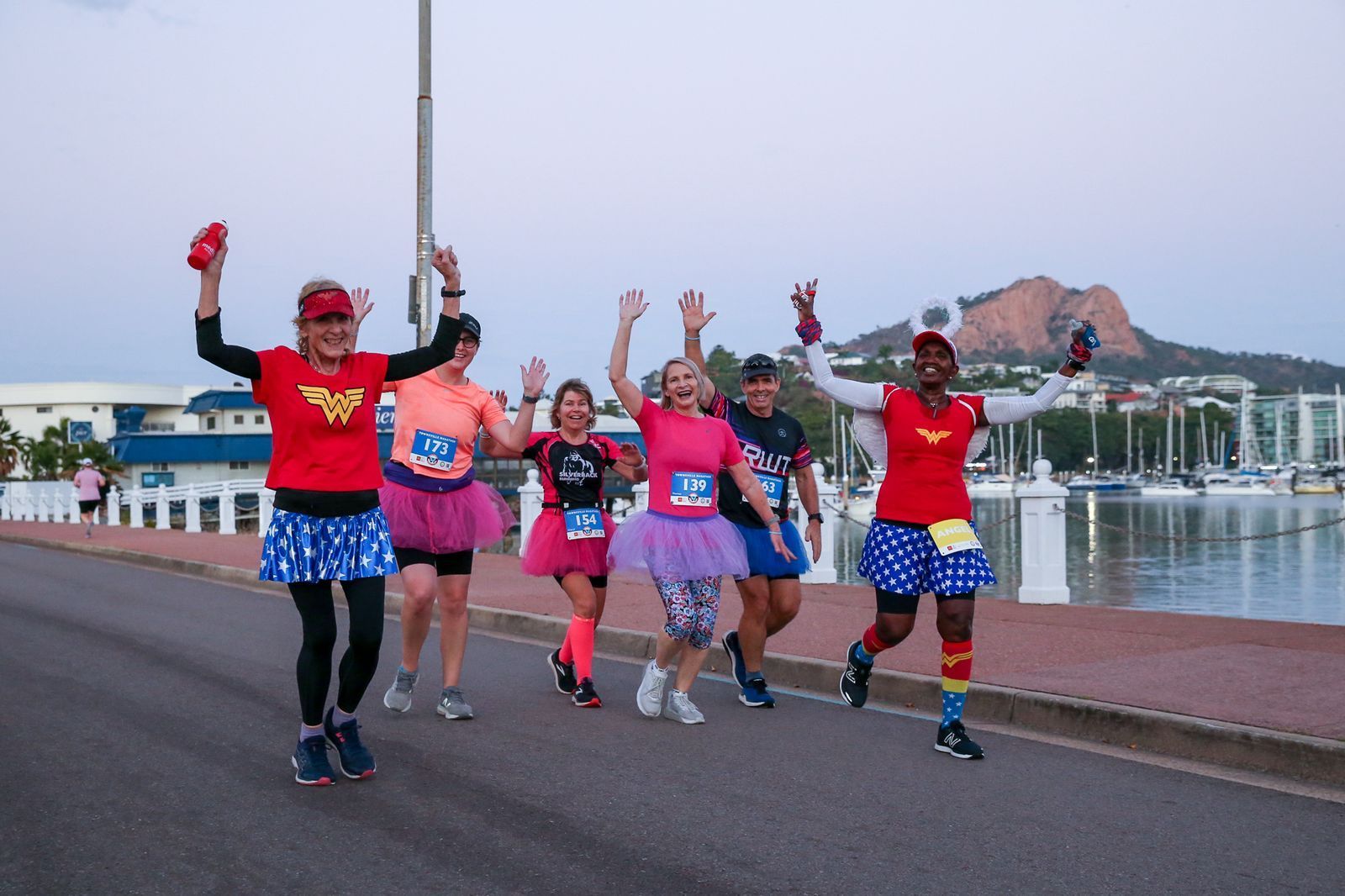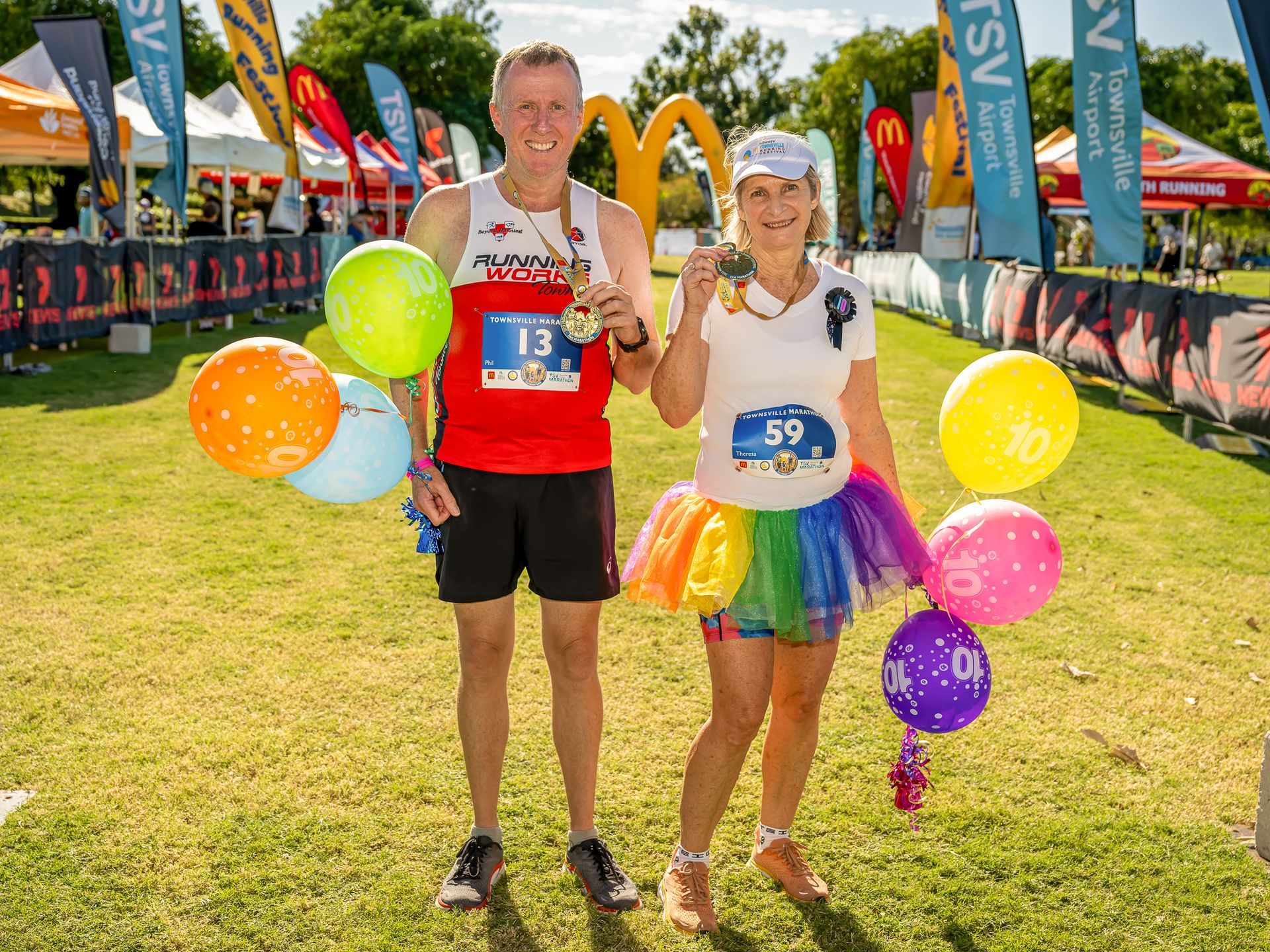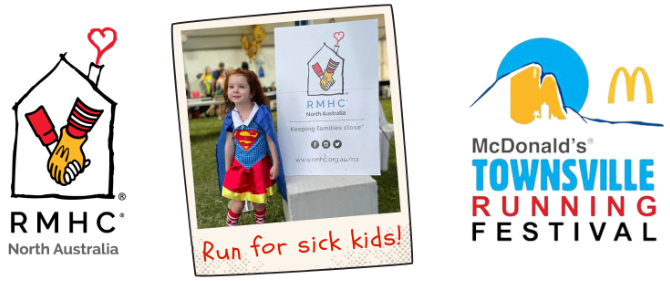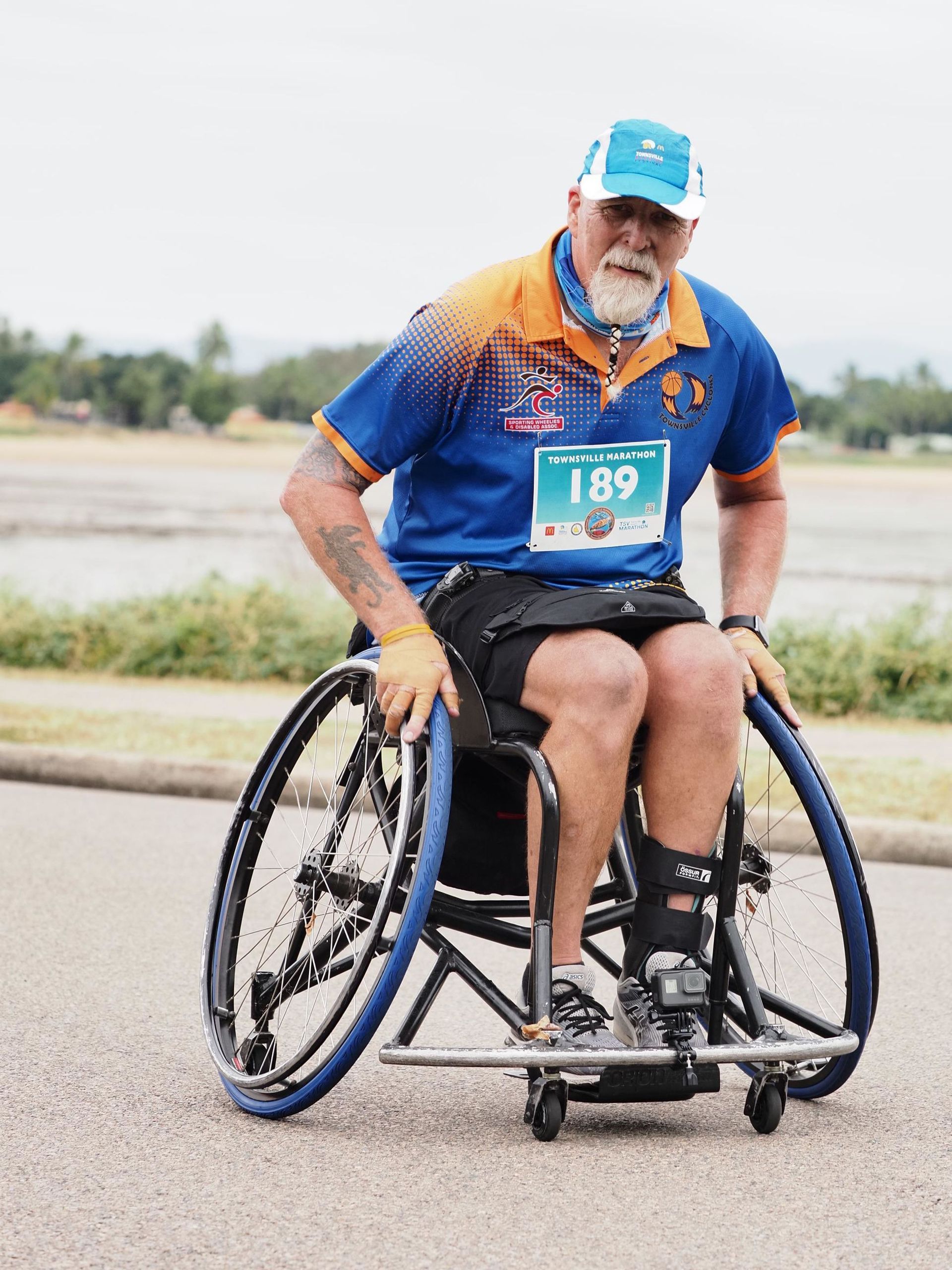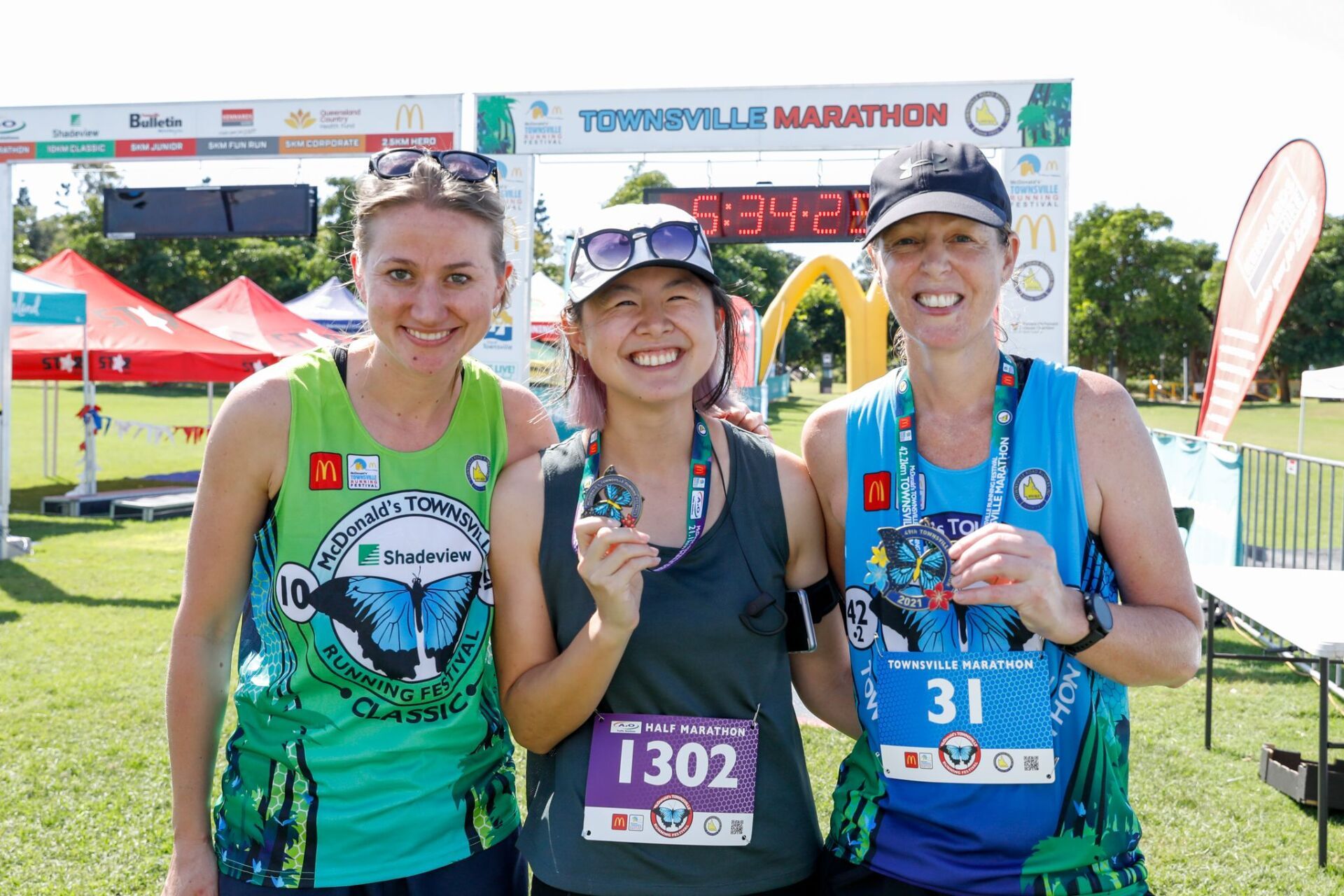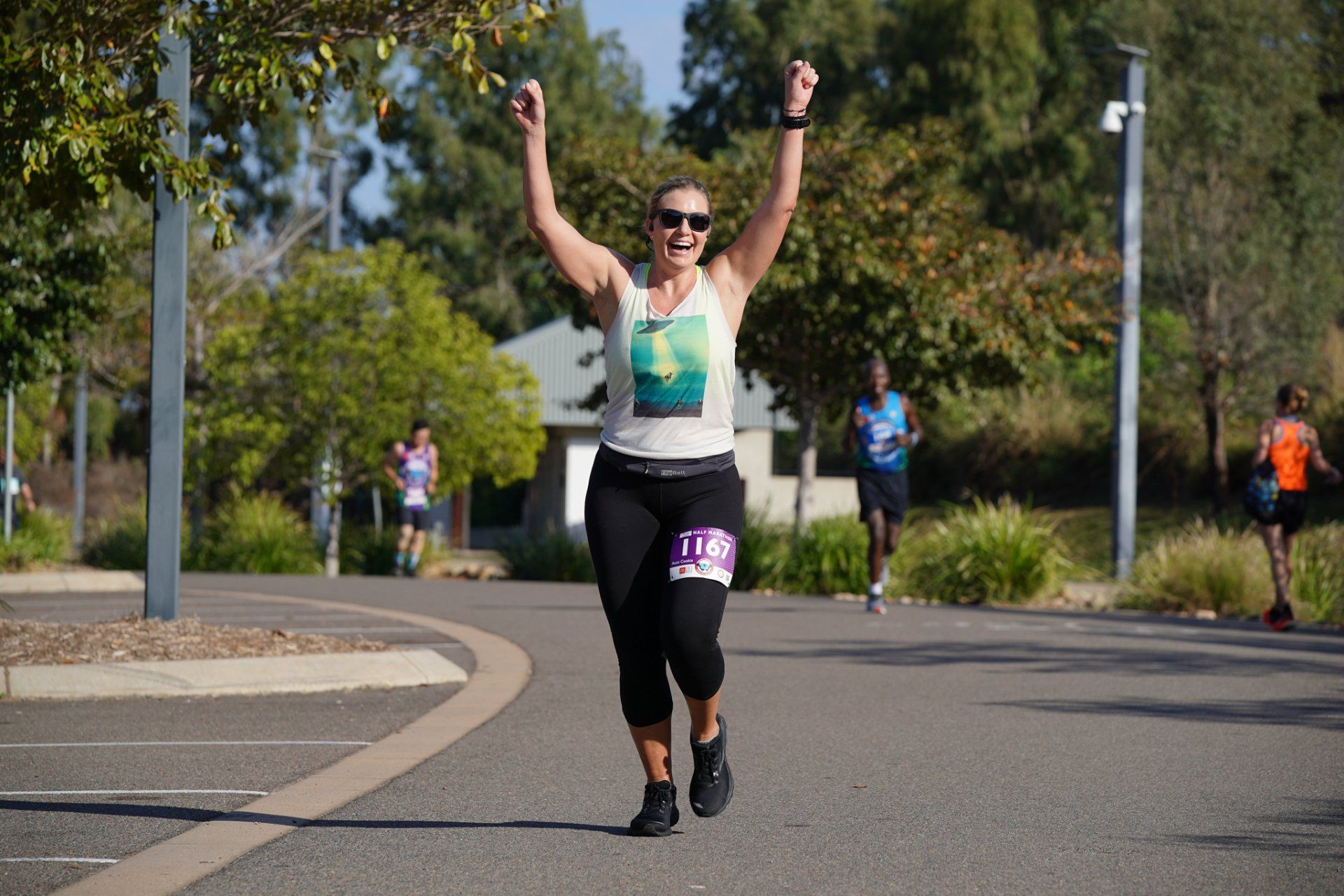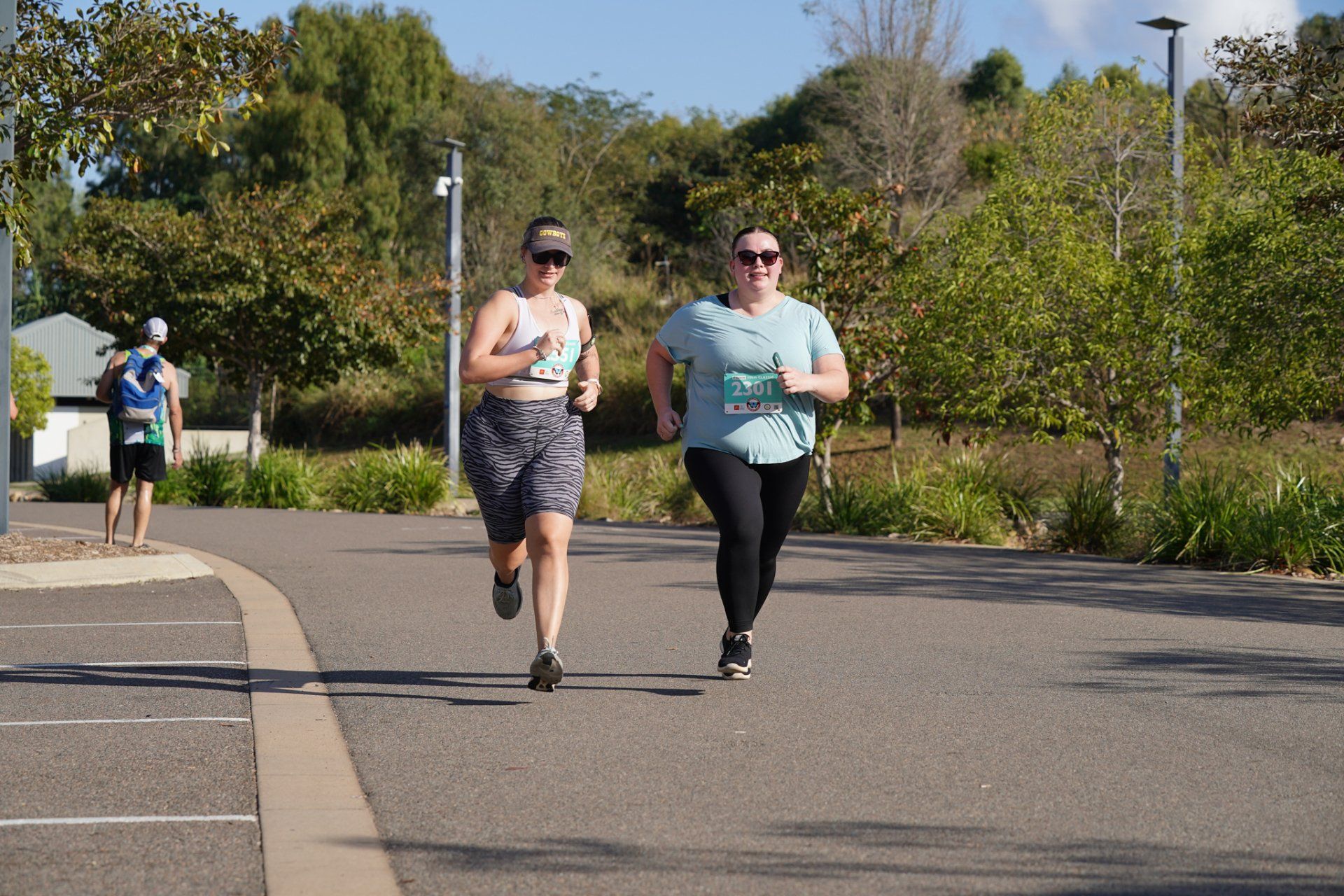By Michelle Adventurethon
•
13 Dec, 2023
Elevate Your Active Journey in 2024: A Guide to Setting and Achieving Running Goals at The McDonald's Townsville Running Festival. As we stand on the cusp of a new year, the opportunity to reflect and set goals for the upcoming months is upon us. For those considering embracing an active lifestyle in 2024, The McDonald's Townsville Running Festival offers an ideal platform to challenge oneself and find joy in the world of running. This guide will help you navigate the process of goal setting, drawing inspiration from the festival's unique atmosphere and diverse range of events, set against the scenic backdrop of the roads along the Strand and Pallarenda beaches in Townsville North Queensland. Define Your Purpose: Before delving into your running goals for The McDonald's Townsville Running Festival, take a moment to reflect on your purpose. Clarify why you run and what you hope to achieve during this exhilarating event. Setting SMART Goals: In the spirit of The McDonald's Townsville Running Festival, where runners of all levels converge, embrace SMART goals (Specific, Measurable, Achievable, Relevant, Time-bound). Whether you're a seasoned marathoner or a beginner, let your goals be a source of motivation and personal growth. Gradual Progression: Just as the festival offers various races and stunning coastal views, ensure your objectives foster a sense of accomplishment without compromising your well-being. Example - The Audacious Marathon Goal: Consider someone transitioning from a 5K to a marathon at The McDonald's Townsville Running Festival in August, set along the roads next to the Strand and Pallarenda beach. Instead of attempting the marathon unprepared, steadily build your weekly long run and relish the mental benefits of steady improvement. Breaking Down the Goal: Main Goal: Complete a 42.2km run at The McDonald's Townsville Running Festival on August 4th Weekly Goals: Run 3 times per week under the guidance of a run coach or program Designate Tuesday, Thursday, and Saturday mornings for runs Use weekends for longer runs to progress distance each week or fortnight Incorporate 5-10 minutes of stretching after each run Lead-in Events: Consider additional events in the lead up as mini-checkpoints to gauge progress and maintain motivation. Example: Jan- run 5km event Feb- run 8-10km event March- run 12 km event May-run 16km event July- run 20km event (Progress as needed for goal event) Example - The Weight Loss Goal: In tandem with running goals, some people may set a weight loss objective. Main Goal: Achieve a 10-30kg weight loss (examples only not needed or recommended for all) Weekly Goals: Maintain a calorie deficit and consume healthy, low-calorie-density foods Exercise 5 days per week, including 3 runs and 2 gym sessions Prepare a series of meals for the week to support healthy eating Conduct weekly/monthly weigh-ins or body fat tests etc to track progress Involving Others and Personality Types: Accountability plays a crucial role in goal achievement. Whether it's friends, family, coaches, or other trainers, sharing your goals with others can boost motivation and commitment. Basic Progression Rules: Adhere to the approximate rule of no more than a 10% improvement per week to mitigate the risk of injury. Ensure sufficient recovery time for muscles, tendons, and the central nervous system. Long-Term Sustainable Approach: Success indicators, such as time or distance goals, should align with your overarching objectives. Don't embark on this journey alone—having accountability partners ensures mutual support and encouragement. Conclusion: As you prepare for The McDonald's Townsville Running Festival, let the setting and achieving of meaningful running goals enhance your overall experience. Enjoy the journey, celebrate your achievements, and relish the unique atmosphere of the festival along the scenic roads by the Strand and Pallarenda beaches in Townsville North Queensland. See you at the starting line, ready to conquer your goals on August 4th, 2024! We have a number of Free training guides and plans on our website: From the Couch to your first 5km From 5km to your first 10km From 10km to your first Half Marathon (21.1km) From Half Marathon to your First Marathon (42.2km) Always Consult your doctor or health professional when starting a new health program, you need to consider your individual medical conditions and injuries when setting a goal. Article By Joel Savage
